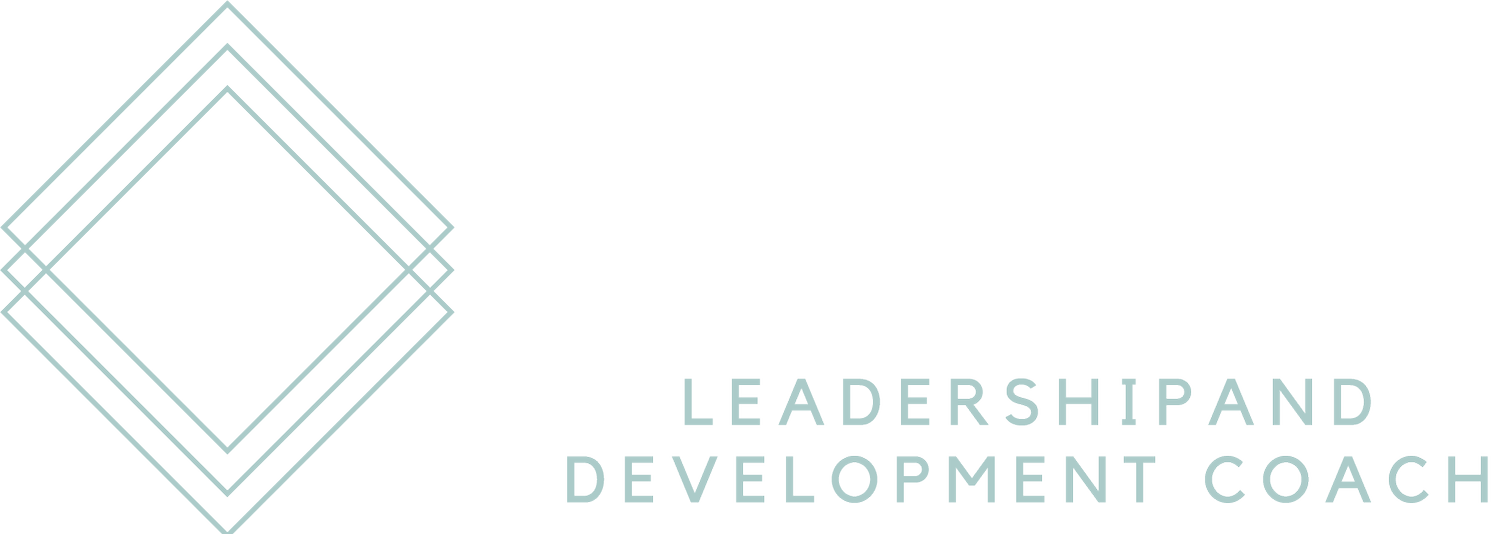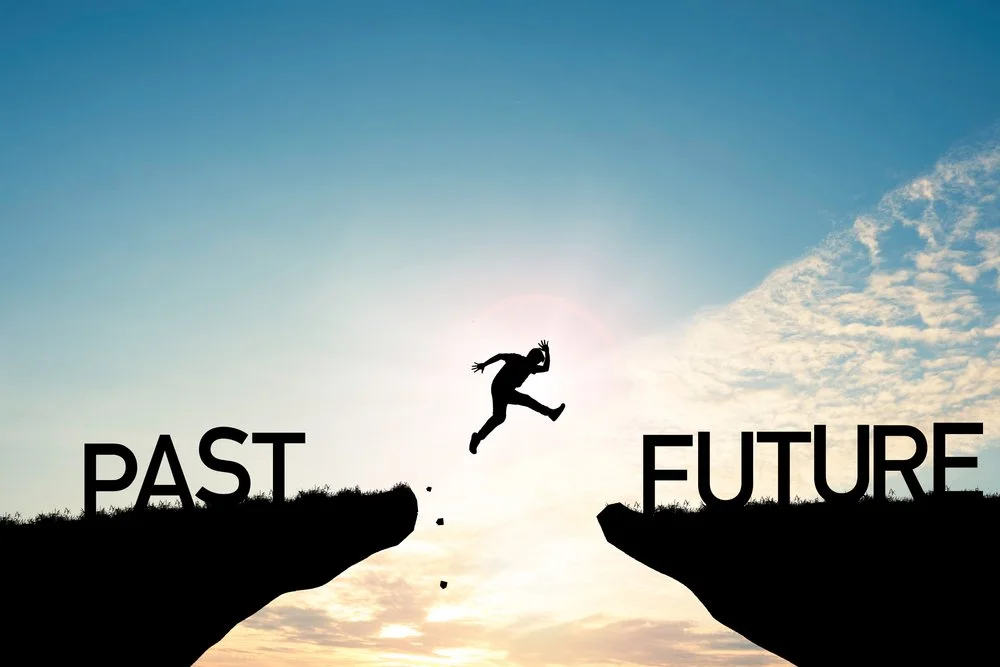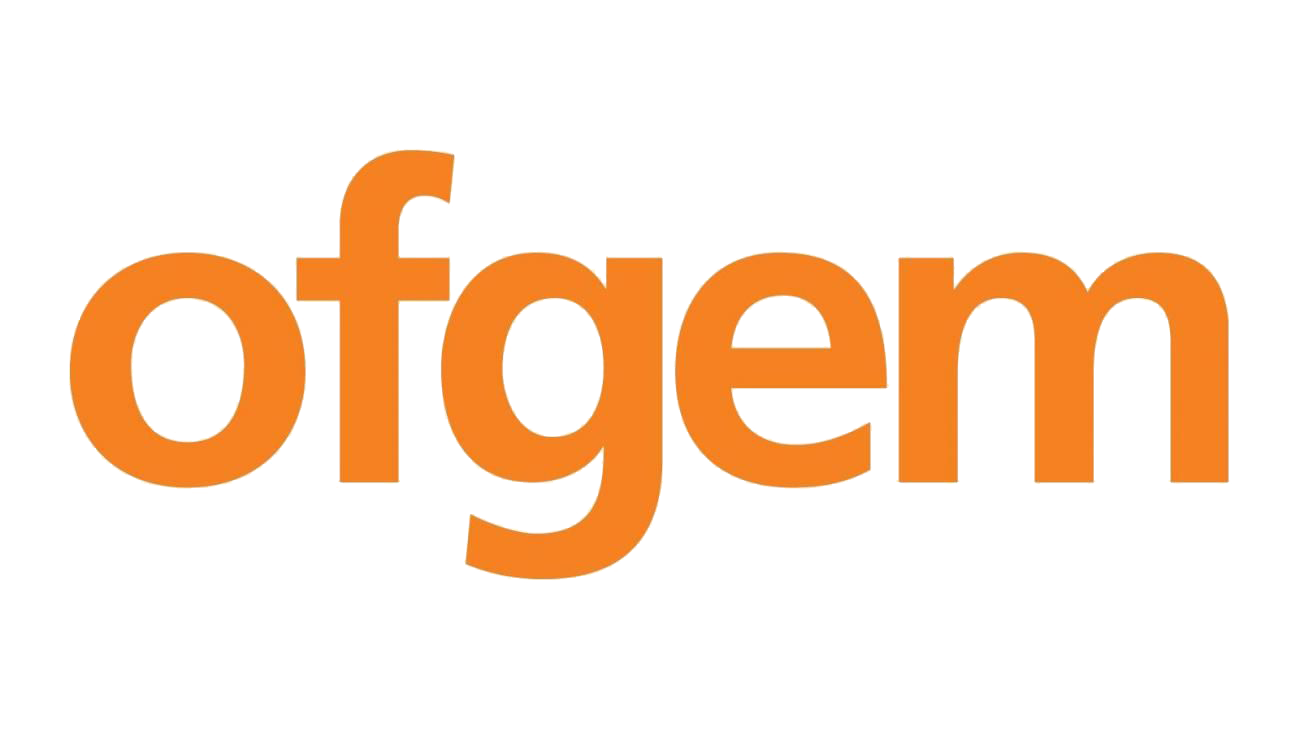Welcome to My Blog
Some of my clients compare themselves detrimentally to their colleagues. They assume that others must be quicker to understand, find things easier than they do, or are somehow, inexplicably, “better'“ than them. There is no factual basis for this, and yet many of them feel it often enough to hold them back. They know this, and yet the internal critic continues its nagging.
One way to address it is by finding, and (crucially) internalising evidence to the contrary. This stops us making assumptions and allows us to change the narrative and set our own standards for success. Every so often, a bit of evidence comes our way for free. And this is the moment when it is at its most valuable, and when it deserves to be inhaled, enjoyed, and shared.
I wanted to kick off this year with a quick blog on my favourite topic: how can we sustain high performance at work, without continually de-prioritising other aspects of our lives?
Most of my clients come to me for coaching because one of these elements (usually work) is hampering their ability to feel fulfilled, or even partly-sated, in other aspects (often exercise or simply getting outdoors).
Obviously there is no clear answer to this conundrum. But I keep seeing that if we look to our leadership approach, have the courage to analyse it, and reflect a bit on what we find, we can start to build a sustainable leadership model. And by that, I mean we can find a way of leading which can flex when needed, without prolonged sacrifice of those very things - sleep, diet, exercise, relationships - that actually help us to perform at our best in the first place.
I'm so convinced that this is possible, that I have gathered together a group of experts to deliver a nine-month Leadership Development Programme which helps people to achieve this. I'll share more information about this soon, but here is a sneak preview.
There are all sorts of reasons why we de-prioritise ourselves at work, but there are two particular factors which can set us on a path to chronic self-neglect.
The first of these is that people are notoriously bad at projecting themselves into the future, so it is hard to see the long-term downsides to working unsustainably.
There is a clear basis in neuroscience for this. The brain is better at processing information that is concrete and immediate (generally, what is happening now, or what has already happened). This is because we have evolved to prioritise information which is most likely to help us to survive. To think about our future self, the brain needs to use abstract information and create predictions - influenced by our experiences, biases and emotional responses. This also takes more cognitive effort, which is the last thing you need when you’re already shattered.
We also tend to prioritise short term reward over long term gain. ‘Temporal discounting’ is the idea that the value of an object does not remain constant over time. So why would we go to the effort of thinking about the damage we may be doing to our future self, when it is far less work to maintain what we are already doing?
The second factor which causes chronic self-neglect is that when you are already in a state of stress, it can often be difficult to recognise it and gain the perspective needed to break the cycle. So we just plough on until we tip over.
I know these factors make it sound like there is no chance of creating a sustainable leadership model. It’s as if the very circumstances in which leaders operate are designed to make us neglect ourselves. But if you bring about the right circumstances, you can break both cycles. I’ve written about the first here, so the rest of this article will focus on the second.
Returning to work after a summer break can be overwhelming and sometimes we counter that by feeling like we need to “achieve” and “get stuff done”. There is a very good neuroscience-based reason to fight the natural tendency to want to fill our diaries and leap into doing mode. Resisting it will not only sustain your own wellbeing, it will also help you to think more strategically.
There are things we can do NOW to improve our response to stressful situations in the FUTURE. I tried this recently, and it works. That’s because these tactics are not airy-fairy hacks, but based on the neuroscience of how we respond to stress. We can counter the natural processes of our brain to make our responses more useful to us.
What can we do about stress? It may help here to distinguish between types of stress. The acute and temporary stress upon seeing yet another supermarket shelf stripped of Easter eggs in March is what sends you dashing from shop to shop until you bag that Crunchie Classic. The body then returns to its pre-stress level through a cascade of hormonal and neural systems. This is a healthy kind of stress and the same mechanism that helps us to respond to perceived threats in daily life.
Chronic stress, on the other hand, can negatively affect health when left untreated, potentially leading to high blood pressure, cardiovascular disease, and many other issues.
The theme of this week’s Mental Health Awareness Week is nature. I celebrate this. First, because it raises awareness of the many benefits nature brings to our mental health. Secondly because nature is my passion, and the thing I turn to when my own metaphorical chips are down. And thirdly, because it gives me a just-about-legitimate reason to share my very best 30 seconds of 2021 to date.
I’ll let you into a secret. I am actually feeling a bit angsty that we are about to be set free, and yet I still somehow have not achieved as much as I should have. A heady mix of guilt and shame has been driving me to compile “what I have actually done” lists in my head, ready to answer the terrifying but inevitable question: So what did you do during lockdown?
If you’re looking for a deep and meaningful quote about uncertainty, the internet is all too happy to oblige. There are multiple sound bites, often printed across happy dolphin or pink flower photos, to remind us that uncertainty should be a positive force.






















Have you ever told anyone that they should “have more confidence”? If so, I’m sure you meant well. But what did you actually want that person to do differently? What effect did you want your words to have on that person?
Most people are clear on what constitutes courage. If we shift the narrative from “confidence” to “courage”, more risk (of the healthy kind) will be taken, more innovation will happen, and more people will better understand what they need to do to keep learning and progressing.